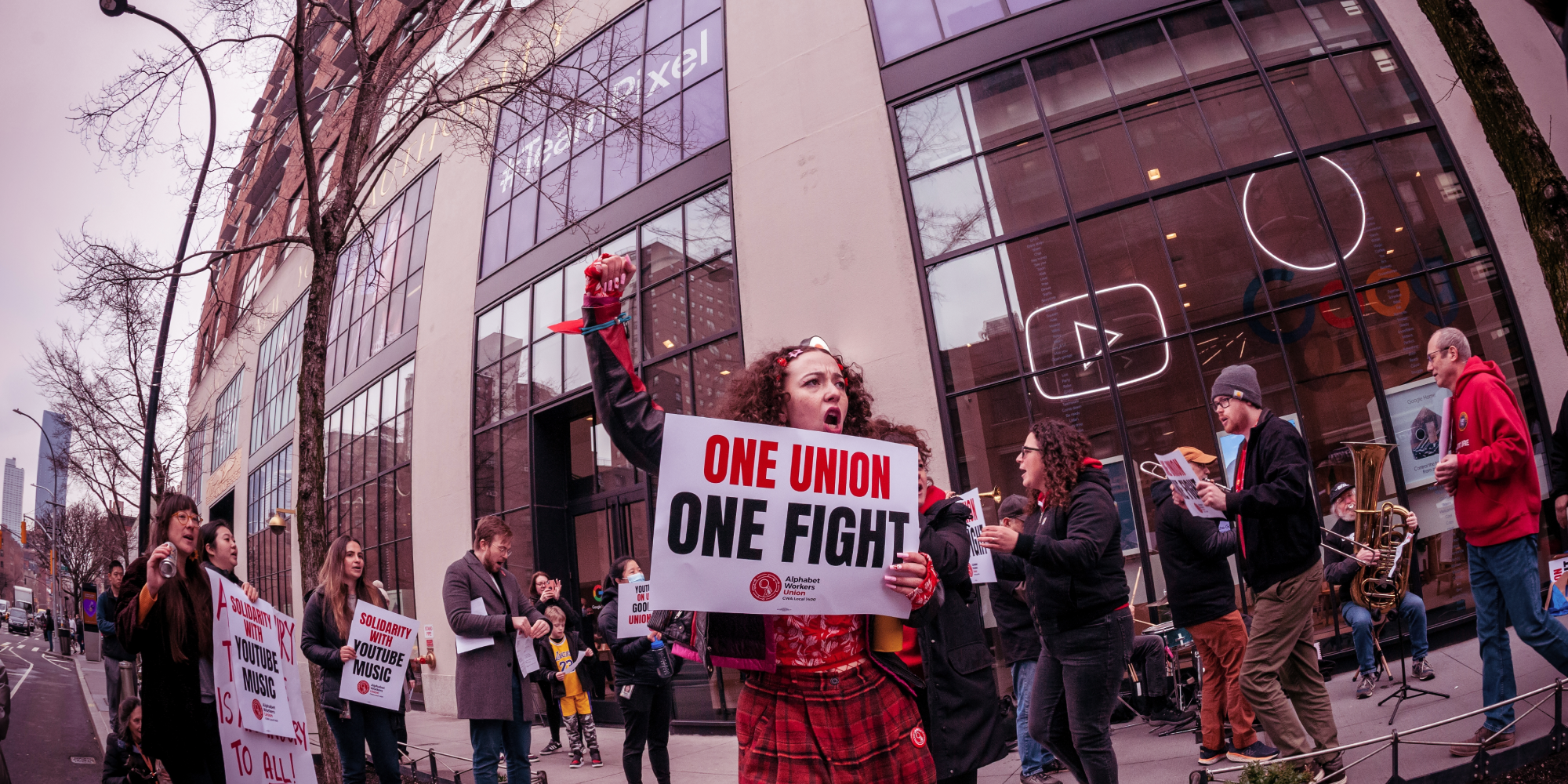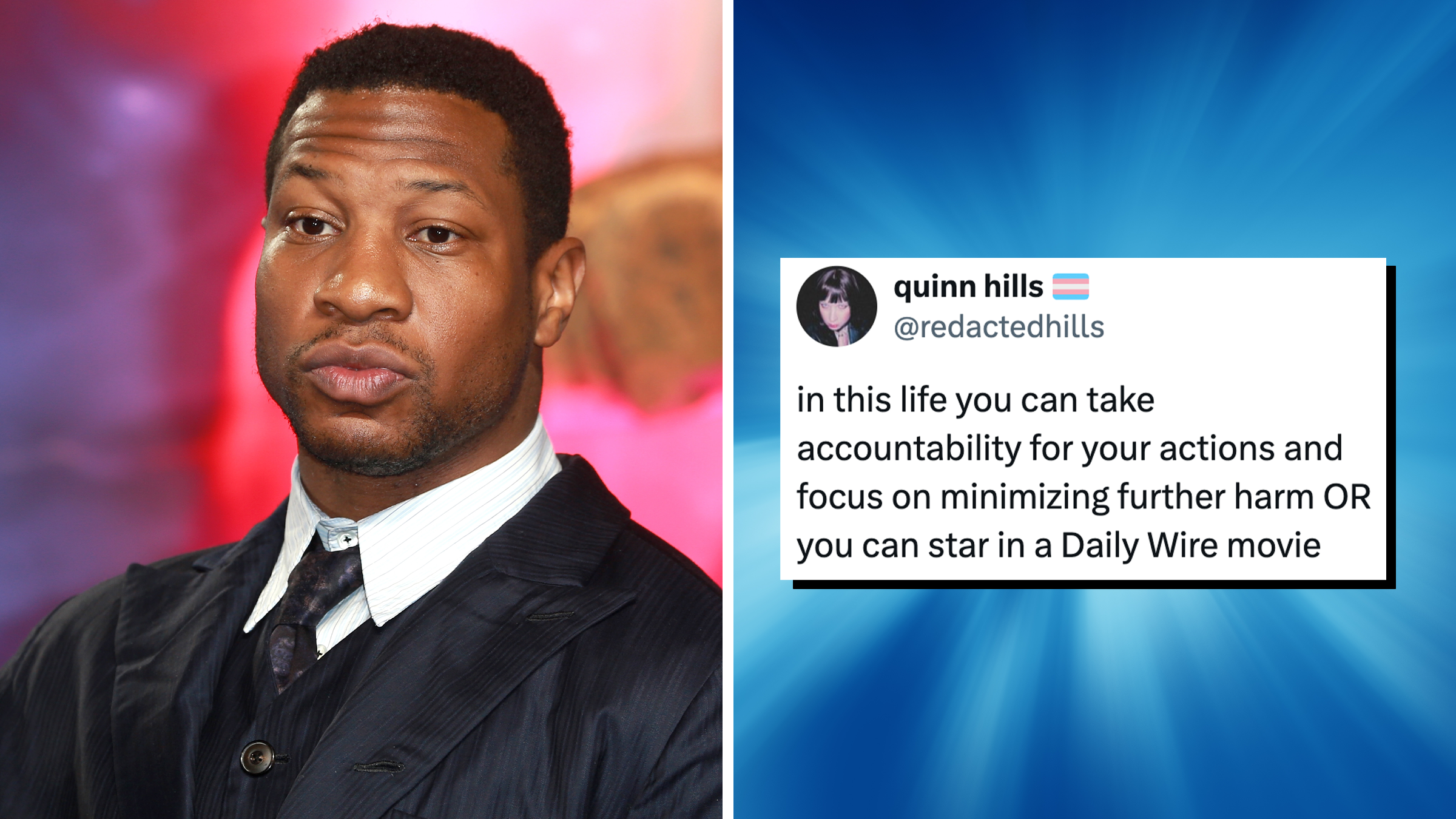
Last week, the National Labor Relations Board (NLRB) announced a decision related to unionized YouTube Music contractors that Google, YouTube’s owner, is pretty unhappy about, according to an appeal filed this week.
The NLRB is the federal agency that protects the rights of employees to form unions and collectively bargain for things like better working conditions and wages. The agency found on Jan. 3 that Google had acted illegally when it refused to bargain with a group of Austin, Texas-based YouTube Music content operation workers, who voted to unionize in April 2023 with the Alphabet Workers Union. (The AWU is a 1,400+ member union for employees of Google’s parent company, Alphabet.)
The group of YouTube workers — which included music experts, writers, graphic designers, and content launch coordinators — allege they were fired as a result of their union efforts. According to a press release from the AWU, the workers were responsible for “ensuring music content is available and approved for YouTube Music’s 80 million subscribers worldwide.” Many workers were musicians who contracted with the company for their day jobs, according to the Austin Chronicle.
The AWU filed a complaint with the NLRB on behalf of these fired workers, claiming Google violated federal labor laws prohibiting employers from retaliating against their employees for organizing efforts. In response, Google has been trying really hard (filing an appeal posted to the docket Jan. 8 against the NLRB’s decision) to convince the court that it is not the employer of these particular workers and, therefore, it is not responsible for bargaining with them.
The workers were employed by Google through a subcontractor called Cognizant, rather than directly by Google. According to the recent NLRB ruling that Google is trying to appeal, Google must bargain with the workers due to the level of control it has over their working conditions. For example, Google is accused of having influence over a recent decision to revoke the workers’ remote working options and sick pay.
It’s not the first time Google has tried to shirk its legal responsibility over contract workers. In November 2023, another group of 120 contractors, who were tech employees connected to YouTube through subcontractor Accenture, voted to unionize. They have been facing similar legal challenges by Google over whether or not the company is technically considered their “joint employer.”
While the issue of contract workers’ employment status is widely discussed concerning companies like Lyft and Uber, it’s also possible this legal precedent could trickle into the creator economy in a few key ways, according to legal experts ...






